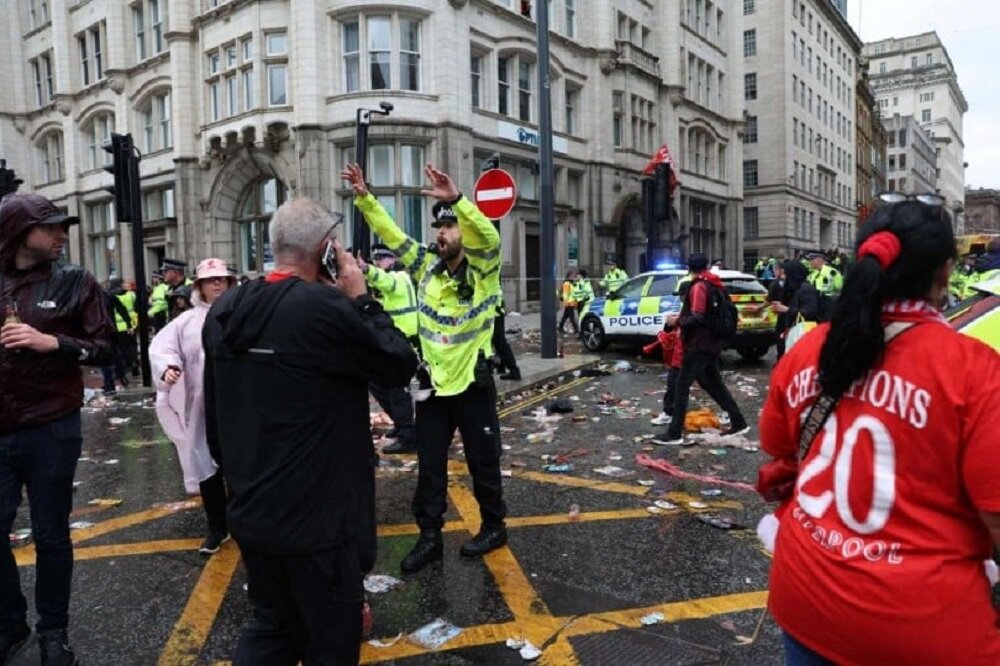
Similar Posts
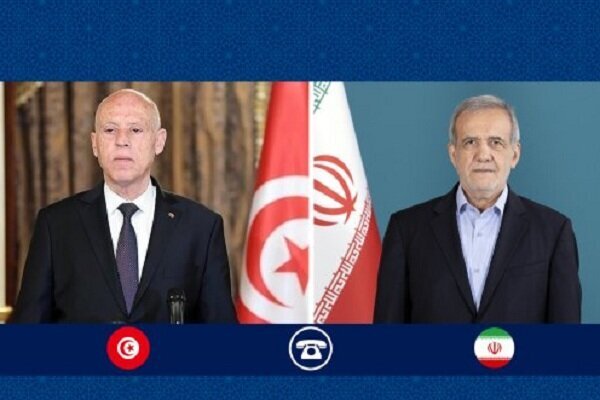
Empowering Islamic Nations to Halt Zionist Aggression Against Palestinians
In a recent call, Iranian President Pezeshkian and Tunisian President Kais Saied emphasized the need for unity among Islamic nations to support the Palestinian people. Pezeshkian congratulated Saied on Eid al-Fitr and praised Tunisia’s humanitarian stance on Palestine, urging collective action against injustices by the Zionist regime. Saied reiterated Tunisia’s commitment to Palestinian rights and criticized the ineffectiveness of international organizations like the UN. Both leaders expressed hope for a unified Muslim response to secure Palestinian rights, highlighting the importance of their partnership in advocating for justice and peace. Their dialogue underscores a shared commitment to the Palestinian cause.
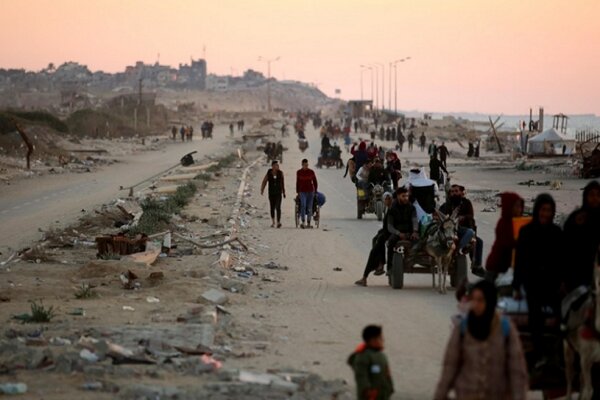
Saudi Arabia Dismisses Netanyahu’s Controversial Gaza Displacement Comments
Israeli Prime Minister Netanyahu’s recent comments on displacing Palestinians have provoked widespread outrage in the Arab world, particularly from Saudi Arabia, which condemned his remarks as an attempt to distract from Israel’s ongoing violence in Gaza. The Saudi foreign ministry emphasized the historical ties Palestinians have to their land and criticized what it termed an “extremist occupying mindset.” They affirmed Palestinian sovereignty and rights, asserting that these cannot be taken away. The ministry called for the recognition of Palestinian statehood and reaffirmed the necessity of a two-state solution for achieving lasting peace, urging dialogue and mutual recognition.
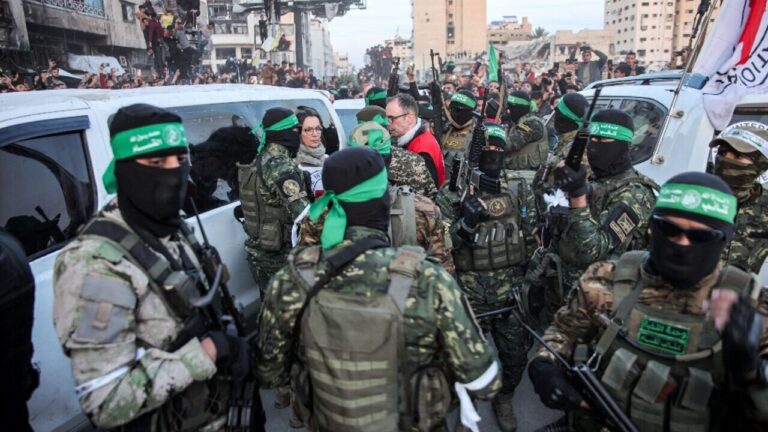
Hamas Showcases Military Strength, Catches Israeli Leaders Off Guard
Recent events in the Gaza Strip have underscored the resilience of Hamas fighters, placing Israeli leadership in a challenging position. A ceasefire initiated allowed Hamas to release three Israeli captives in exchange for 90 Palestinian prisoners, highlighting the ongoing conflict’s complexities. Israeli Prime Minister Benjamin Netanyahu’s military operations, launched after Hamas’s Al-Aqsa Storm on October 7, faced significant setbacks, leading to a public resurgence of Hamas. Despite U.S. and European military support for Israel, Netanyahu’s ambitions to dismantle Hamas seem increasingly unattainable, raising concerns about future negotiations and the broader geopolitical landscape in the region.
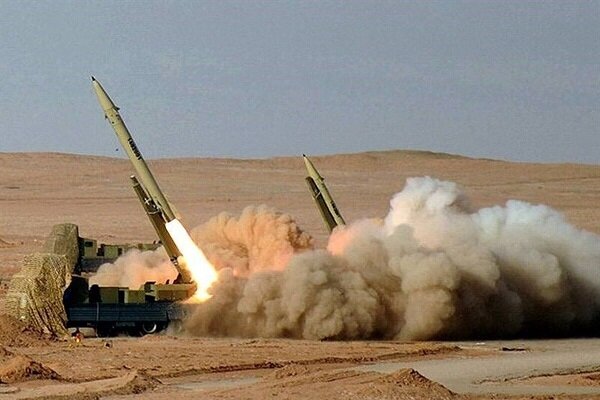
Yemen’s Potential Return to Hostilities: A New Threat to Israel?
Israeli media reports indicate growing concerns about the potential collapse of the Gaza ceasefire, prompting Israeli security forces to prepare for renewed attacks. Meanwhile, Hamas is reassessing the war situation, focusing on rebuilding its infrastructure and recruiting more forces. The potential for resumed hostilities poses significant risks to regional stability, with possible Yemeni involvement if conflict escalates. Diplomatic efforts to maintain peace are ongoing, but their effectiveness remains uncertain. The situation demands urgent dialogue among stakeholders to de-escalate tensions and prevent humanitarian crises, highlighting the critical need for a sustainable resolution to ensure safety for affected civilians.
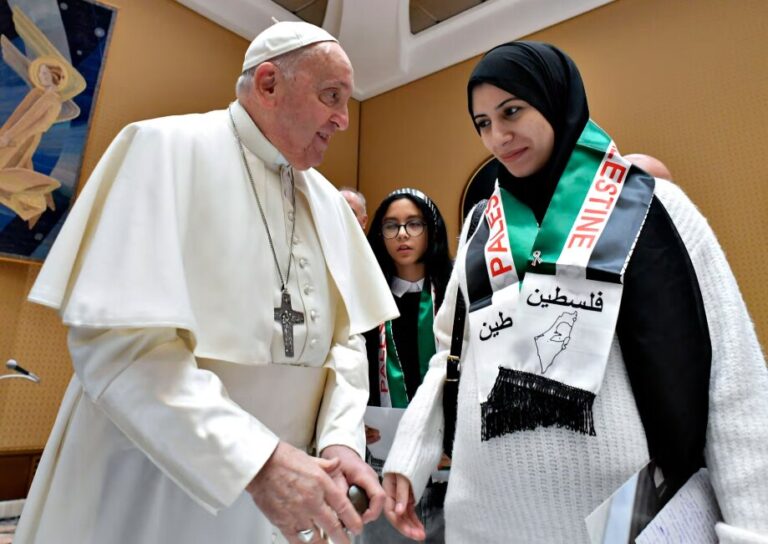
Divine Diplomacy: Pope’s Call for Peace in Gaza Sparks Outrage in Israel
Pope Francis passed away on April 21, 2025, leaving a profound impact on global issues, particularly the Israeli-Palestinian conflict and the humanitarian crisis in Gaza. A vocal critic of violence, he condemned Israel’s military actions, describing them as terrorism and urging investigations into potential genocide. His focus on civilian suffering, particularly among children, highlighted the urgent need for humanitarian aid. The pope advocated for peace, calling for ceasefires and support for Palestinian Christians, while also addressing rising antisemitism. His remarks drew outrage from Israel, reflecting the complexities of Vatican-Israeli relations and underscoring his commitment to human rights and justice.
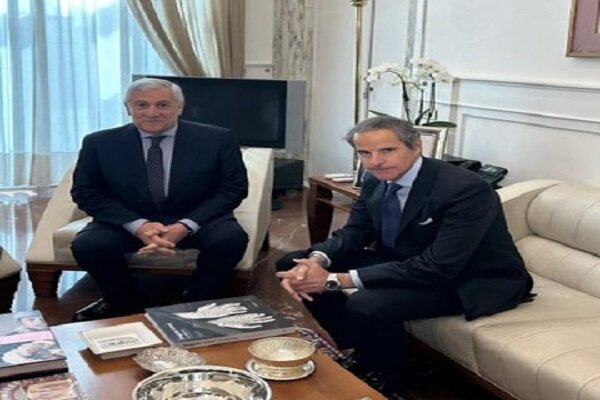
IAEA Chief Engages Italian Foreign Minister in Strategic Talks in Rome
IAEA Chief Rafael Grossi recently highlighted Italy’s growing role in international peace efforts during a meeting with Italian Foreign Minister Antonio Tajani in Rome. Grossi emphasized the need for diplomacy amid ongoing indirect negotiations between the U.S. and Iran regarding the Iranian nuclear program and U.S. sanctions. These discussions, mediated by Oman, mark the second round of talks aimed at addressing geopolitical tensions. The collaborative efforts among nations, exemplified by meetings with Iranian negotiator Abbas Araghchi, underline the importance of dialogue in pursuing a peaceful resolution. The international community closely monitors these developments, as their outcomes could significantly impact U.S.-Iran relations and global security.